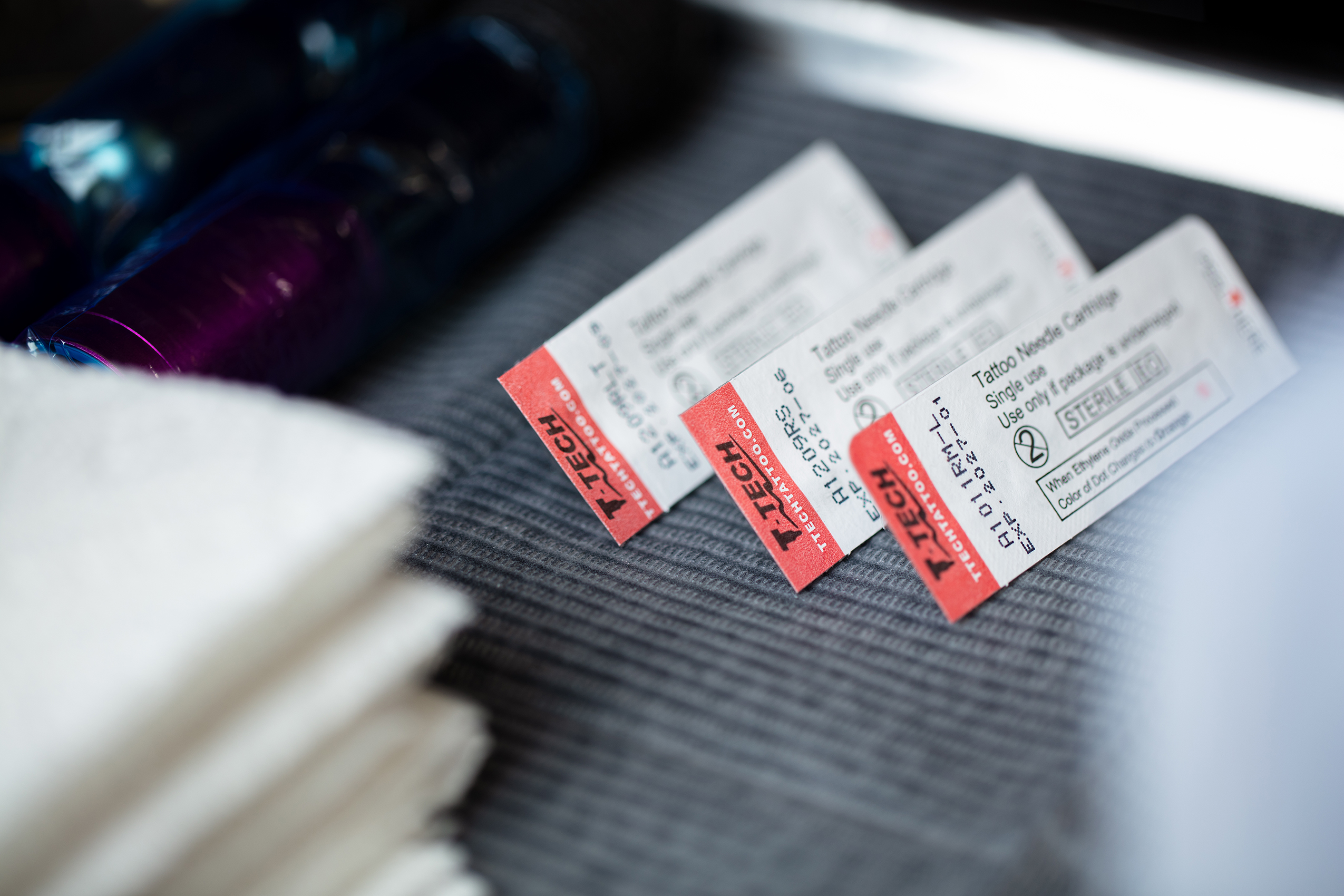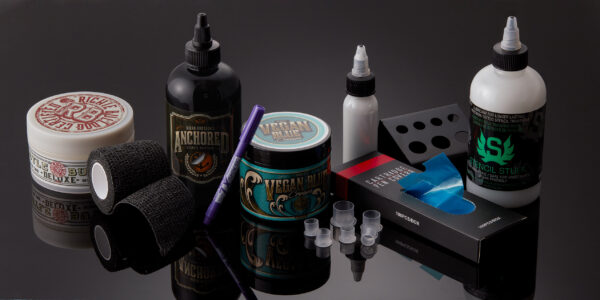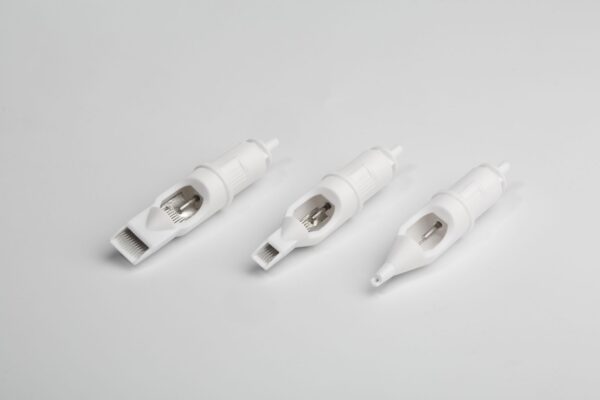Determining how much to charge as a tattoo artist can vary depending on several factors. Here are some considerations to help you determine your pricing:
Experience and Skill Level: Tattoo artists with more experience and a higher skill level often command higher rates. Clients may be willing to pay more for an artist known for their expertise and quality of work.
Reputation and Portfolio: A strong portfolio showcasing your previous work can contribute to your perceived value as an artist. If you have a solid reputation and a portfolio that demonstrates your talent and versatility, you may be able to charge higher rates.
Location: Tattoo pricing can also be influenced by the location of your studio. Tattoo artists in major cities or areas with a higher cost of living generally charge higher rates to cover overhead expenses.
Tattoo Size and Complexity: The size and complexity of the tattoo design will influence pricing. Larger or more intricate tattoos typically require more time and effort, warranting a higher price.
Time and Effort: Consider the time and effort involved in the tattooing process. Some designs may require extensive preparation, detailed sketching, or multiple sessions to complete. Ensure that your pricing accounts for the time and effort you invest.
Supply Costs: Consider the cost of your tattooing supplies, including needles, ink, disposable items, and other materials. It’s essential to cover your supply costs while still maintaining a reasonable profit margin. This is why we try to keep our pricing as affordable as possible here at T-Tech so you can get the most out of our products.
Client Consultation and Customization: If you spend significant time consulting with clients, discussing their ideas, and customizing designs to their preferences, factor this into your pricing structure.
Market Rates: Research the average rates charged by other tattoo artists in your area with a similar skill level and clientele. While it’s important not to undervalue your work, it’s also crucial to remain competitive within the local market.
Clientele and Demand: Your target clientele and the demand for your services can influence your pricing. If you have a niche or specialize in a particular style, you may be able to charge higher rates due to the demand for your unique expertise.
It’s important to strike a balance between charging a fair price for your skills and expertise while remaining competitive in the market. Consider experimenting with different pricing strategies, gathering feedback from clients, and adjusting your rates accordingly. Regularly reassess and adapt your pricing structure as your experience and reputation grow.



